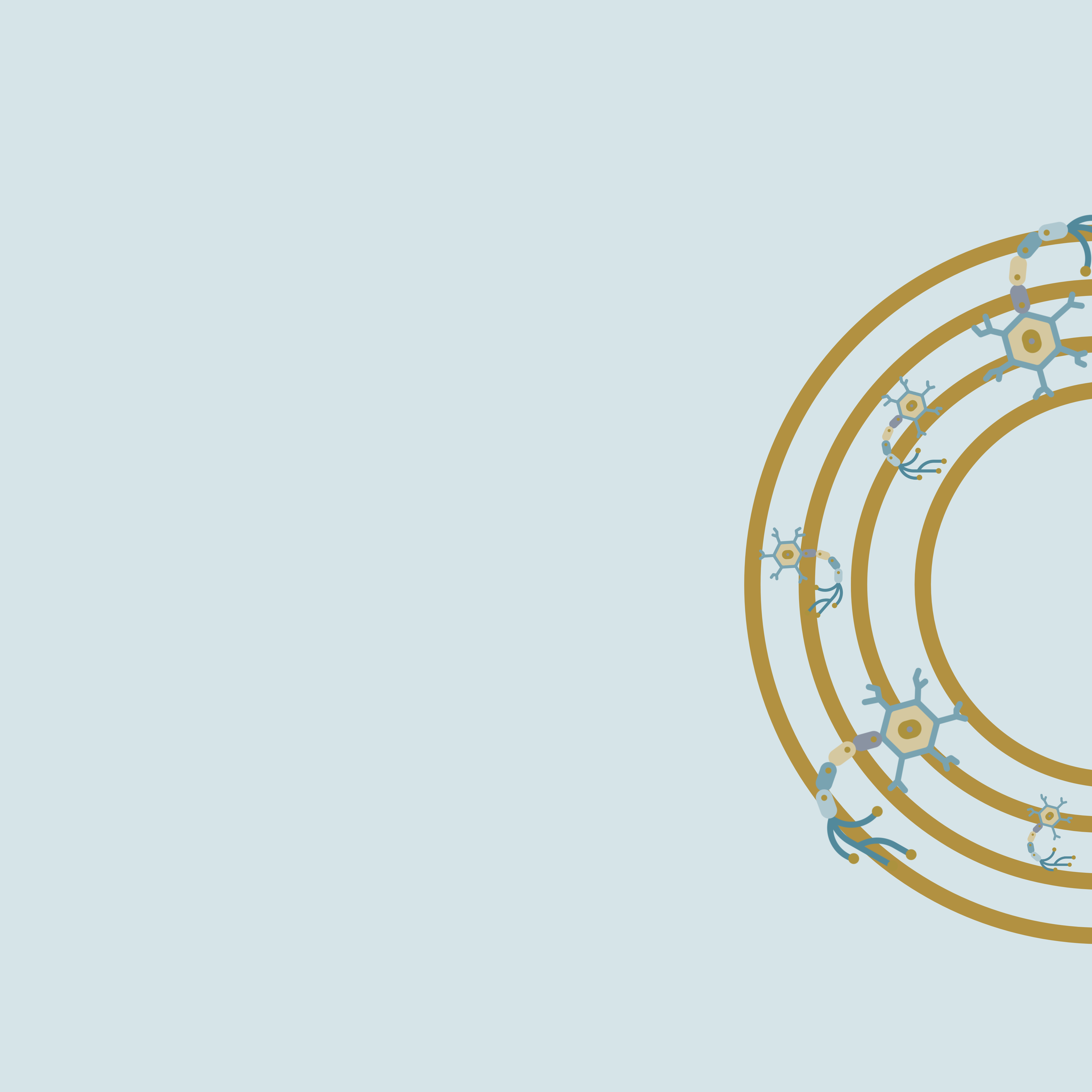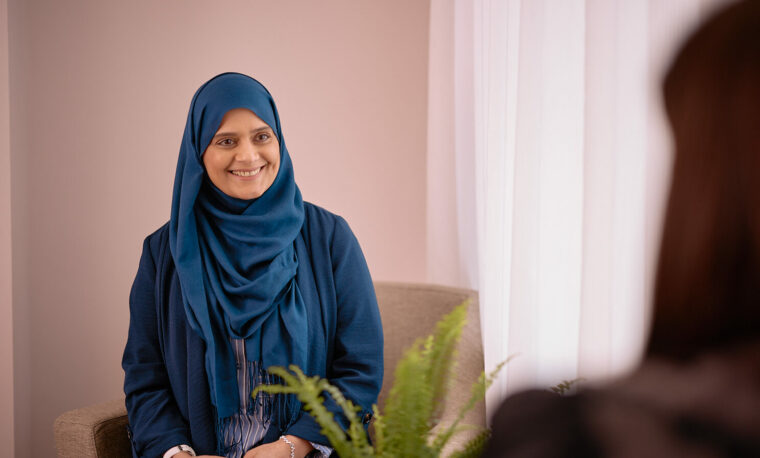Ten years ago, in partnership with MagnaCentre, we introduced rTMS at Nightingale Hospital.
In the decade that has followed, we have seen hundreds of patients use the treatment and countless stories of recovery. We have also invested heavily in upgrading our TMS system to offer a better experience for our patients. To mark the 10-year anniversary, we sat down with Professor Michael Craig to talk about the last 10 years of rTMS and what might be to come for this treatment offering.
Nightingale Hospital was the first private hospital in the UK to deliver rTMS. What motivated the introduction of rTMS as a treatment option at Nightingale, and how have you seen this service benefit our patients over the last 10 years?
Ten years ago, in partnership with MagnaCentre, we introduced rTMS at Nightingale Hospital. At the time our primary motivation was to provide innovative and effective treatment options for patients struggling with depression who might not have responded to conventional therapies such as medication or psychotherapy. rTMS stood out as a non-invasive and evidence-based treatment with minimal side effects that also aligned with our commitment to patient-centred care.
Over the past ten years, we’ve witnessed remarkable benefits for our patients. Many have experienced significant improvements in their symptoms and overall quality of life. For some, rTMS has been life-changing, enabling them to regain a sense of normalcy and hope. It has also allowed us to offer a treatment that fits into patients’ lives with fewer disruptions since TMS sessions can be as quick as completing it during your lunch break.
Are there any key milestones or achievements that you are proud of in the past decade of offering TMS treatment at Nightingale?
One of the key milestones was being the first private hospital in the UK to offer this pioneering treatment. That in itself set the tone for our leadership in mental health innovation. Over the years, we’ve expanded the conditions for which TMS is available, incorporating it into care for addictions and OCD.
We have also upgraded our TMS system in September 2024. This has meant we now have a paperless treatment process and due to its greater ease-of-use for practitioners, it has shortened TMS appointment times, allowing us to support more patients with this treatment.
How do you collaborate with other healthcare professionals and specialists within our hospital to ensure comprehensive care for our patients undergoing TMS treatment?
Collaboration is central to everything we do at Nightingale. Patients receiving treatment for depression, OCD or addictions will always benefit most from a multidisciplinary approach. This involves close coordination with psychiatrists, psychologists, nurses, and other specialists who provide complementary therapies.
Before starting treatment, we conduct thorough assessments to ensure TMS is the right option. Throughout the process, we maintain open communication with the patient’s wider care team, updating them on progress and integrating feedback. This team-based approach ensures that our patients receive holistic care that addresses their mental, emotional, and even physical well-being.
How has TMS impacted the patients who have undergone this treatment? Can you share any stories or testimonials from patients who have benefited from this treatment?
We’ve had a lot of patients come through the service who have experienced incredible changes. We receive feedback from each patient, and these are some of the things they have said about TMS treatment at Nightingale.
“I feel like a new man after my course of treatment. My wife and family all marvel at the change in me!”
“The treatment (from a very sceptical chap!) has been amazing. I feel as though my depression never happened.”
“I’m so glad I decided on rTMS treatment. I think it has genuinely made a huge difference. My depression has definitely lessened and my overall mood has really stabilised.”
What are some common misconceptions or myths about TMS that you encounter?
A common myth is that TMS is painful or invasive—it’s neither. The treatment involves magnetic pulses that stimulate specific areas of the brain, and most patients describe the sensation as a light tapping.
Another misconception is that TMS is a “last resort” for treatment-resistant cases. While it’s often used in such instances, it can also be an effective first-line treatment for certain conditions. Finally, some people think it’s similar to electroconvulsive therapy (ECT), but they are entirely different procedures. TMS is far less invasive, doesn’t require anaesthesia, and has minimal side effects.
Looking ahead, what do you envision the future of TMS to look like?
The future of TMS is incredibly promising. Advances in technology will likely make treatments even more precise and efficient, potentially reducing the number of sessions required. We may also see TMS being tailored to a wider range of conditions, such as chronic pain.
Additionally, as awareness and acceptance grow, TMS is becoming more integrated into mainstream mental health care, making it accessible to even more patients. At Nightingale, we’re committed to staying at the forefront of these developments to continue offering the best possible care for our patients.
If you’re interested in TMS treatment for depression, OCD or addiction, our Patient Services Team are here to point you in the right direction. Enquire below or call us directly to learn more about the treatment and assessment for it.
Repetitive transcranial magnetic stimulation (rTMS) enquiry
Related Conditions
- Treatment-resistant depression (TRD)
- Obsessive-compulsive disorder (OCD)
- Alcohol addiction
- Drug addiction








